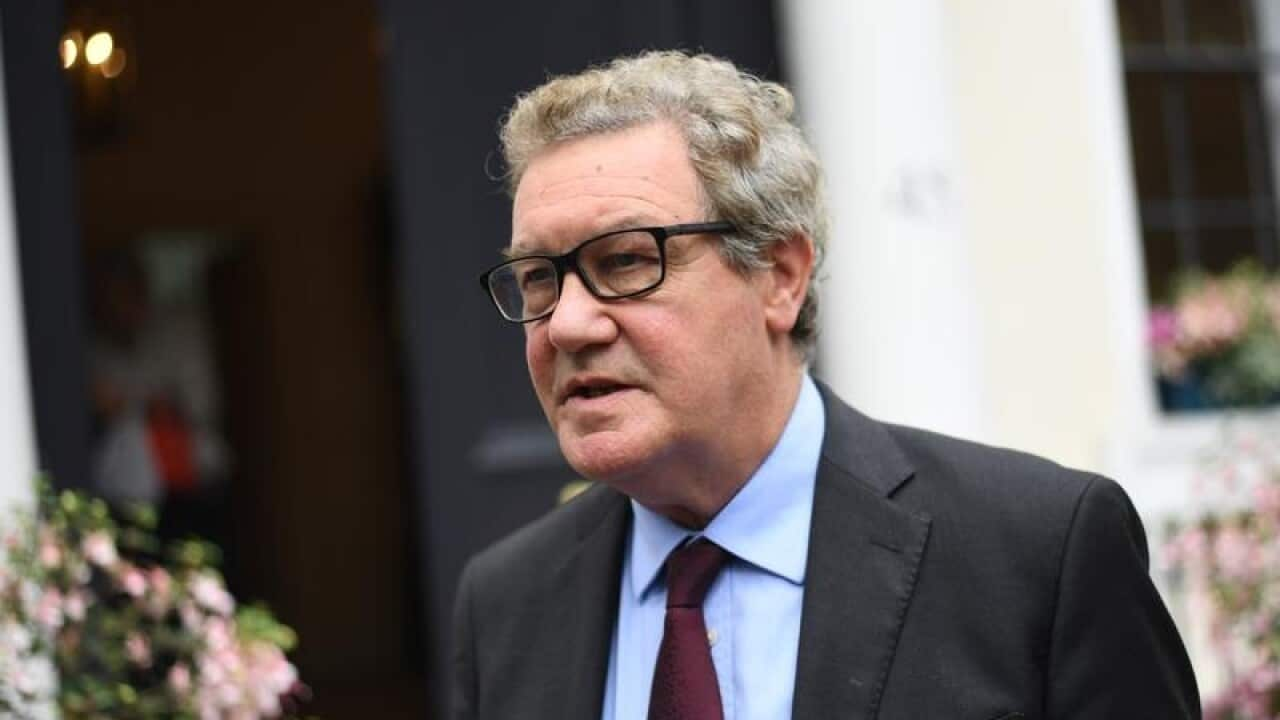US President Donald Trump’s former aide Steve Bannon sought to use personal information collected online to promote “a culture war,” a whistleblower on now-defunct political data firm Cambridge Analytica told US senators on Wednesday.
Bannon, a former Cambridge Analytica vice president, “saw cultural warfare as a means to create enduring change in American politics,” testified Christopher Wylie, who says information about tens of millions of Facebook users ended up in Cambridge Analytica’s hands.
Bannon’s attorney William Burck did not immediately respond to an email request for comment on Wylie’s testimony.
Wylie, who worked for SCL, the British-based parent of Cambridge Analytica, told the Senate Judiciary Committee that Cambridge Analytica hired hackers to collect data it then used against opponents of its political clients.
Allegations of the improper use of data for 87 million Facebook users by Cambridge Analytica, which was hired by Trump’s 2016 election campaign, have led to investigations in the United States and Europe.
Bannon worked on Trump’s campaign and became a White House aide when Trump took office in January 2017. Bannon left in August 2017.
Wylie, who has provided reports about how the firm used data Facebook collected, on Wednesday described discussions at the company about suppressing the vote, exploiting racial tensions, and testing campaign slogans in 2014 for use in the 2016 election.
“One of the things that did provoke me to leave was the beginnings of discussions of voter disengagement, I have seen documents reference and I recall conversations that it was intended to focus on African-American voters,” Wylie said.
“The company learned that there were segments of the population that responded to messages like ‘drain the swamp’ or images of border walls or indeed paranoia about the ‘deep state’ that weren’t necessarily reflected in mainstream polling or mainstream political discourse that Steve Bannon was interested in to help build his movement,” Wylie said.
Another witness who testified to the judiciary committee, Tufts University associate professor Eitan Hersh, said he was “skeptical” of the effectiveness that such political messaging and targeting. “No person is persuadable all the time,” he said.
As part of an investigation into US allegations of Russian meddling in the 2016 US election, Special Counsel Robert Mueller is looking into how Russian intelligence agencies timed and targeted emails hacked from Democratic candidate Hillary Clinton and others. The Kremlin denies interfering in the US election.
Share



